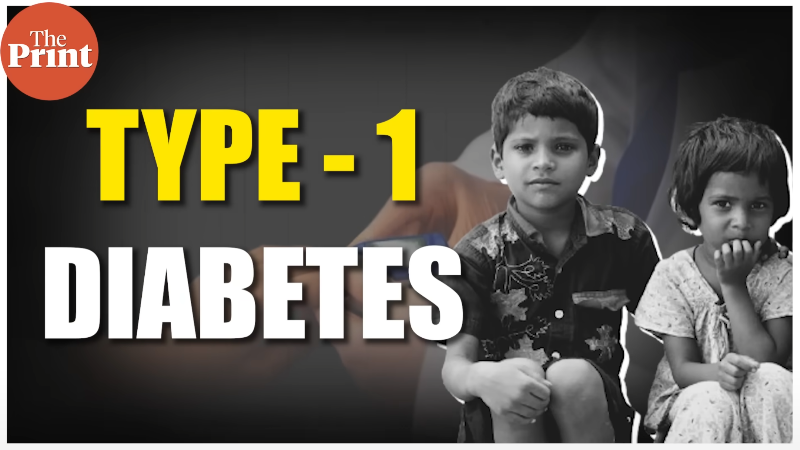by Krishna Ramanujan, Cornell University
scRNA-seq analysis of T cells in ME. Credit: Proceedings of the National Academy of Sciences (2024). DOI: 10.1073/pnas.2415119121
Debilitating chronic fatigue syndrome creates conditions where a kind of immune cell that identifies and kills pathogens, known as a T cell, becomes exhausted, according to a new study that points the way for important new lines of investigation.
The study's authors knew the immune system was dysregulated in patients with myalgic encephalomyelitis/chronic fatigue syndrome (ME/CFS), so they began by asking, which parts shift with the condition? A systematic exploration revealed that key CD8+ T cells displayed one of the most pronounced signatures of dysregulation, with signs of constant stimulation that lead to an exhausted state, a condition that is well-studied in cancer.
ME/CFS affects an estimated 3 million people in the United States and some 65 million worldwide, leaving some patients ill for decades and unable to work. Symptoms include overwhelming fatigue that is not helped by rest, and can also include brain fog, body pains, headaches, difficulty sleeping and prolonged increases in symptoms after mild physical exertion or exercise. Causes are unknown and there is no treatment for the disease.
"This is an important finding for ME/CFS because now we can examine the T cells more carefully, and hopefully by looking at the exhausted cells, we can start to get hints as to what they are responding to," said Andrew Grimson, professor of molecular biology and genetics in the College of Arts and Sciences.
Grimson is co-corresponding author of the study, published Dec. 2 in the Proceedings of the National Academy of Sciences. Maureen Hanson, Liberty Hyde Bailey Professor in the Department of Molecular Biology and Genetics (College of Agriculture and Life Sciences), is the other corresponding author.
"Therapies have been developed to reverse T cell exhaustion as treatments for cancer," Hanson said. "Our findings raise the question of whether such anti-exhaustion drugs might also be helpful in ME/CFS."
Strong evidence for the phenomenon of T cell exhaustion in ME/CFS has also been reported in long COVID, Hanson added.
The study was led by co-first authors David Iu, a doctoral student in Grimson's lab, and Jessica Maya, Ph.D. '24, formerly in Hanson's lab and currently a researcher at the Centers for Disease Control and Prevention.
In a paper published earlier this year, Grimson and collaborators used a technology called single cell RNA sequencing to examine and identify all the circulating immune cells in ME/CFS patients. In the current paper, they used that data to examine which of the different types of T cells, including CD8+ T cells, were most altered in ME/CFS patients.
"That pointed us in the direction of CD8+ cells," Grimson said. After purifying those cells, they used additional advanced technologies to precisely determine which genes were being expressed and pinpoint which genes were getting switched on or off.
"When we looked at all of the differences [compared to normal functioning], they really pointed us towards an exhaustion-like state for the CD8+ T cells," Grimson said.
Meanwhile, in Hanson's lab, Maya led a different approach of purifying patients' T cells and then determining expression patterns of proteins on the surface of these cells. The team examined two series of different markers on the various proteins, one of which allowed them to subdivide all the different types of CD8+ T cells, while the other allowed them to detect proteins known to be involved in exhaustion.
"Immune cells from ME/CFS patients exhibited higher levels of proteins on their surface that are characteristic of cells that have become exhausted, which can be caused by long-term exposure to a virus protein or by continuous stimulation of the immune system, a state that is also found in cancer patients," Hanson said.
Future work will try to determine whether a virus is in fact involved, which is currently not known. "We need to understand what is pushing them to this exhausted state," Grimson said.
The team also plans to take cells from patients and controls, purify those cells and treat patients with drugs that reverse exhaustion and see if the immune cells resume normal function. If CD8+ T cell exhaustion can be reversed, the next question is whether such reversal actually benefits a patient, as exhaustion can have protective qualities.
Another future line of inquiry will include distinguishing T cell receptors in exhausted cells from patients, to try to find which molecules those T cell receptors are recognizing, and if from those clues, they can work out whether specific pathogens are involved.
Co-authors include Jennifer Grenier, director of the Genomics Facility in the Cornell Institute of Biotechnology.
More information: David S. Iu et al, Transcriptional reprogramming primes CD8+ T cells toward exhaustion in Myalgic encephalomyelitis/chronic fatigue syndrome, Proceedings of the National Academy of Sciences (2024). DOI: 10.1073/pnas.2415119121
Journal information: Proceedings of the National Academy of Sciences
Provided by Cornell University







Post comments